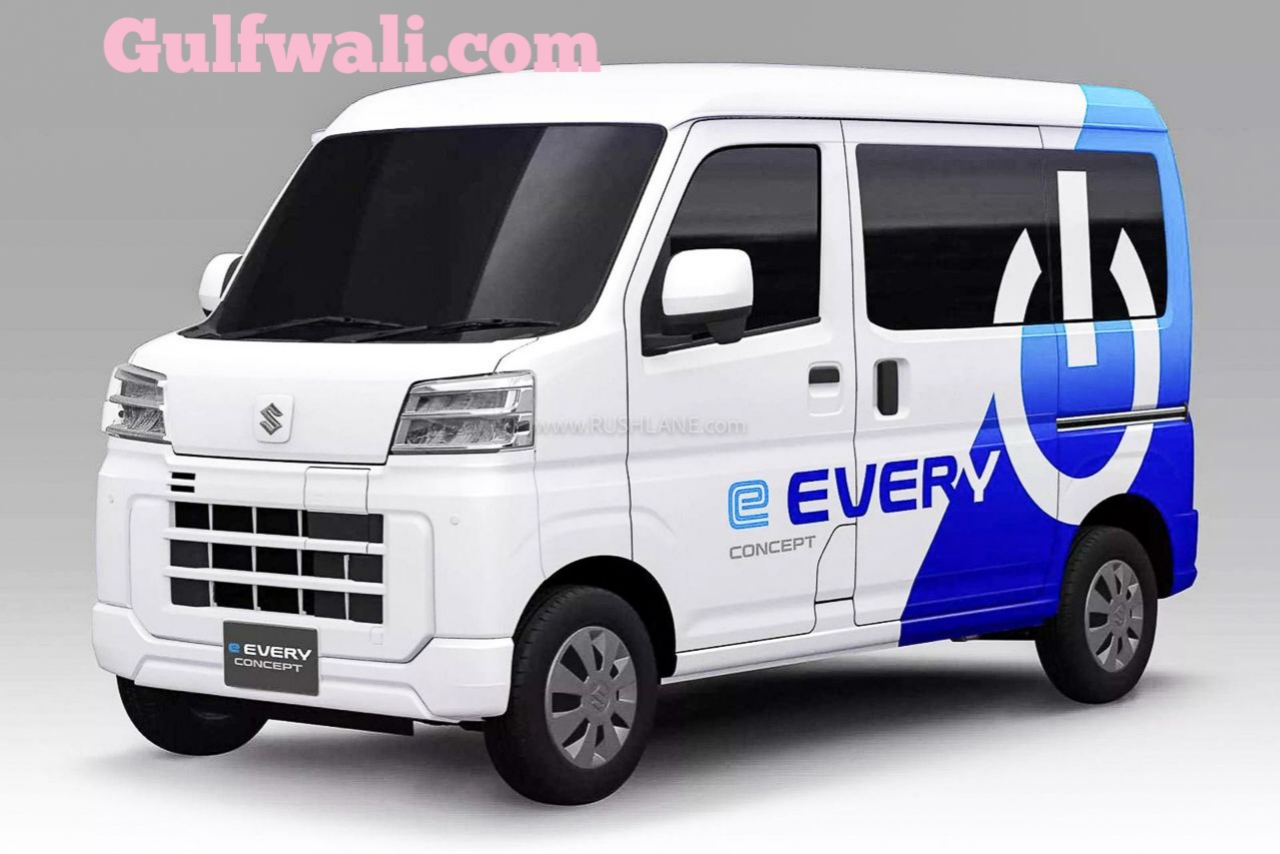Hello friends, . I’m 24 years old and have been blogging and working in digital marketing for the past 4 years. I have a deep interest in car news and updates, and whenever a new car is launched, I’m eager to explore every detail and share it with you. Today, I’ll be discussing Suzuki and Toyota’s upcoming electric vans.
Contents
Suzuki and Toyota’s New Electric Van Project
I was thrilled to learn that Suzuki and Toyota are collaborating to develop a new electric van. Their goal is to provide an eco-friendly and affordable transportation solution, especially for commercial use. Designed primarily for businesses, this van will offer a range of up to 200 km, making it ideal for daily commutes and short-distance travel. Its advanced battery technology and electric motor ensure both power and environmental sustainability.
Beyond reducing carbon emissions, this van aims to be a budget-friendly option for small and medium businesses. With rising fuel prices, electric vehicles (EVs) are becoming a smarter choice, and this van is a significant step in that direction.
Design and Features
The van’s compact, functional design impressed me. Its boxy profile and large windshield give it a sleek look while enhancing driver visibility. The sliding doors make entry and exit effortless for passengers.
A charging port on the front bumper highlights its electric identity. Inside, the spacious cabin and comfortable seats promise a pleasant experience, while the modern dashboard integrates user-friendly tech for a seamless drive.
Technology and Performance
The van’s high-performance battery is built for longevity, paired with a 64 PS electric motor that delivers ample power. Its low maintenance and running costs will appeal to business owners. The 200 km range is perfect for city commutes, and fast-charging support minimizes downtime, ensuring smooth operations.
Other Models and Platform
Interestingly, electric versions of the Suzuki Every, Toyota Pixis, and Daihatsu Hijet will also debut, all built on Daihatsu’s New Global Architecture (DNGA) platform. This modern, efficient platform is tailored for EVs, ensuring similar performance and tech across models, with slight design variations by brand.
Launch and Availability
Suzuki plans to launch this electric van in Japan by 2025, followed by global markets. India’s growing EV sector could be a key target. If it arrives here, I’ll definitely test-drive it! The future of EVs is bright, and this van is a promising addition.
Conclusion
If you’re an EV enthusiast like me, Suzuki and Toyota’s electric van—with its 200 km range, powerful motor, and eco-friendly design—could be a game-changer. I’m hopeful it will offer a fresh, affordable transport solution. Stay tuned for more exciting car updates!
your guide to the latest in the automotive world. 🚗⚡

